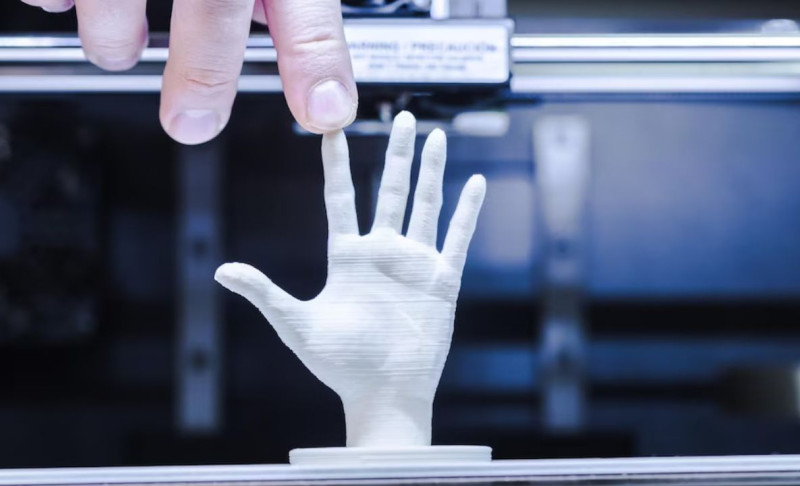
Applying Ethics in Digital Innovation
In this course you will learn, discuss and practice how to recognise and address moral questions in digital innovation.

In this course you will learn, discuss and practice how to recognise and address moral questions in digital innovation.
Technology is not neutral; applications of artificial intelligence can be very beneficial, but can also do harm when not designed and implemented carefully. During the course participants will learn how to practice responsible decision making when designing, implementing and monitoring digital innovations, based on ethical theories and insights, and leveraging practical methods.
How do you respect personal and public values such as security, autonomy, well-being or distributive justice in technological designs? And how do your own values and norms influence the choices you make or would like to make? How to responsibly cope with artificial intelligence applications? We introduce various ethical tools and techniques and show how their application leads to more value-sensitive choices.
Every digital application stimulates some behaviour while discouraging other behaviour. These effects may be immediate, but they may also occur much later in time. They may affect direct users of the applications, but also other, indirect, stakeholders. As the huge implications of digitalisation become ever more apparent, we see an increase in moral awareness concerning digital innovation. In this course we provide product owners, designers, developers and implementers of digital solutions the instruments to recognise and address moral questions and dilemmas. The aim is to use the great opportunities which digitalisation offers in a responsible manner that respects individual and societal values.
The following topics will be addressed:
The course contains brief introductions of ethical theory and explanations of practical ethical tools, with a focus on applying these theories and tools in actual cases. In this way the participants will get hands-on experience of how to apply the theory to their own work and life.
This course will only be provided on location in Utrecht.
Students or practitioners who are involved or interested in digitalisation and want to learn more about the impact of digitalisation on human values and how to take this into account during design and implementation of digital solutions.
Provide participants with insights and practical experience in recognising, addressing and dealing with moral questions in digital innovation.
Five days, six to eight contact hours per day, one to two hours of self-study per day.
Starting time on Monday is 10.00 am, all other days 9.00 am. End time is 17.00 hours on all days.
The housing costs do not include a Utrecht Summer School sleeping bag. This is a separate product on the invoice. If you wish to bring your own bedding, please deselect or remove the sleeping bag from your order.
For this course you are required to upload the following documents when applying: